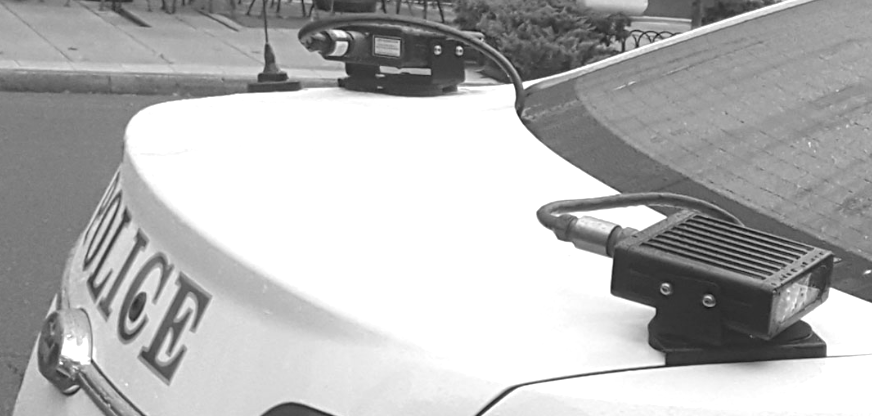Content:

ICE Taps into Nationwide AI-Enabled Camera Network
404 Media
05/27/2025
Data from a license plate-scanning tool that is primarily marketed as a surveillance solution for small towns to combat crimes like car jackings or finding missing people is being used by ICE, according to data reviewed by 404 Media. Local police around the country are performing lookups in Flock’s AI-powered automatic license plate reader (ALPR) system for “immigration” related searches and as part of other ICE investigations, giving federal law enforcement side-door access to a tool that it currently does not have a formal contract for.
The massive trove of lookup data was obtained by researchers who asked to remain anonymous to avoid potential retaliation and shared with 404 Media. It shows more than 4,000 nation and statewide lookups by local and state police done either at the behest of the federal government or as an “informal” favor to federal law enforcement, or with a potential immigration focus, according to statements from police departments and sheriff offices collected by 404 Media. It shows that, while Flock does not have a contract with ICE, the agency sources data from Flock’s cameras by making requests to local law enforcement. The data reviewed by 404 Media was obtained using a public records request from the Danville, Illinois Police Department, and shows the Flock search logs from police departments around the country.
Flock says its ALPR cameras are “trusted by more than 5,000 communities across the country.” These cameras continuously record the plates, color, and brand of vehicles passing in front of them. Law enforcement can then perform searches to see where exactly a vehicle, and by extension person, was at a certain time or map out their movements across a wide date range. Flock is also developing a new product called Nova which will supplement that ALPR data with people lookup tools, data brokers, and data breaches to “jump from LPR [license plate reader] to person,” 404 Media previously revealed. Law enforcement typically do these lookups without a warrant or court order, something which an ongoing lawsuit argues is unconstitutional.